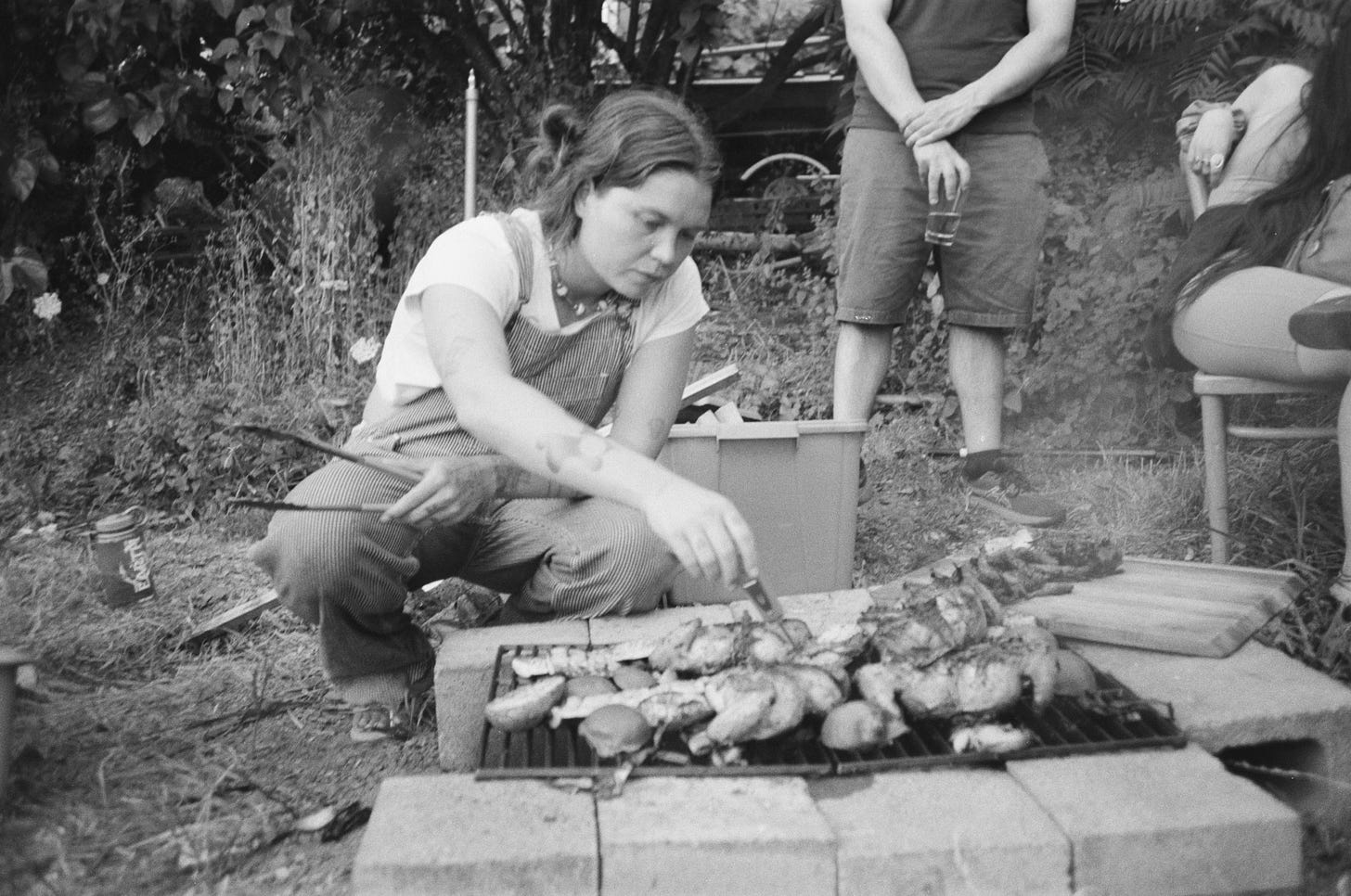From the President's Gavel
An Update from the President of the Alumni Association
Dear Alumni,
I am thrilled to welcome you to the first rebooted edition of our historic publication, The Antiochian. It has been inspiring to witness collaboration amongst alums, staff, faculty, and students to produce this vital archive.
In January I had the pleasure of (virtually) attending my first Community Meeting in a few years. (A reminder that Community Meetings happen every Tuesday at 2:30pm EST and are open to all! Here is a link to join). Much of the meeting was spent discussing the College and community response to SB 104, colloquially known as the “bathroom bill,” SB 104 is a transphobic piece of legislation that mandates that bathroom occupancy be relegated to “biological sex.” Students, staff, and faculty shared their perspectives on how vocal or quiet they felt Antioch should be, one student suggesting that Antioch should not accept federal monies if we refuse to take a public stance, others advocating for a more subversive approach that prioritizes the immediate safety of community members.
I was struck by the nuance and care with which the dialogue was held. Many convictions were passionately and unapologetically expressed in a way that felt essentially grounded in mutual respect. I was reminded of many conversations on the Alumni Board–lively, frequently driven by divergent perspectives and experiences–often activating for my more diplomatic tendencies; these conversations have taught me much about generative agon as a symptom of vibrant engagement. More than as the romance of camaraderie, but through genuine frustration.
Oftentimes, even if otherwise stated, we as alums use our experience as a metric for assessing Antioch’s health. Surmising that the seeming absence of certain structures, practices, or cultures indicates a depreciated shadow of the Antioch we knew and love. Institutional memory and historical reflection are critical–and forgotten–but I am also thinking about the way this translates to how we think about activism, revolution, and how we hold the future open. I have been contemplating this sentence from Timothy Morton; “To allow the future to be as different as possible is the temporal equivalent of allowing for the possibility of poison.” To maintain openness to surprise, and perhaps disappointments we have yet to steel ourselves against. Allowing for the possibility of poison does not signal fatalistic resignation, but invites the integral vulnerability of risk.
What does it mean to–not consent–but accept the world as it is? Not as incremental progressivism, but mycological change. I see students, in the Antiochian spirit, responding with sensitivity and depth to the conflagrations of the world. To imagine that abandonment of old forms reflects overall decay can be nihilistic–and nihilism has a real inertia. The flattening propagandization of “DEI” stupefies many, not only because we recognize historical violence, but because we feel the truth of radical difference–-unity is for fascists.
While the shared etymological inheritance is not lost on me, I’d like to invite you to Reunion this Summer! It’s going to be fun!
Sincerely,
Coco




